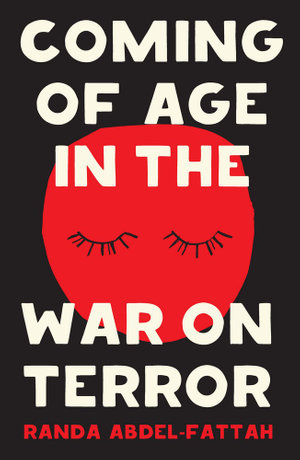Coming of age in the war on terror by Randa Abdel-Fattah

Abdel-Fattah's book collects the voices of Muslim youth born since the 9/11 twin towers attack, young people who have grown up in the climate of Islamophobia and fear of terrorism. Her aim was to compare the impact of 9/11 on Muslim and non-Muslim youth.
Of course, 'Muslim' does not denote a homogenous group, as readers of Abdel-Fattah's previous co-editored publication with Sara Saleh Arab, Australian, other will be well aware. Muslim young people could be migrants or descendants of migrants from 22 different nations with different languages and different cultures. But the impact of 9/11 was shared by them all, with responses ranging from hiding their identity and keeping a low profile, to feeling that they were expected to have the answer to every question about terrorist activity.
The experience of the interviewees was one of racism, regardless of the fact that there is no Muslim race. They felt regarded as 'other' or non-Australian. Abdel-Fattah draws a link between how Muslim people are regarded and how Indigenous Australians are regarded - their identity and experience is not that of the mainstream 'White' culture. And she exposes the failings of our education system to truly be multicultural, from the attitudes of teachers varying between good and bad, and the omission of Muslim culture and history from the Australian curriculum, a huge omission when you consider that 1 in 4 people in the world are Muslim.
The last chapters of this book provide a challenge to teachers and education departments to consider how to truly be more inclusive, how to break down barriers and change the story to one of empowerment. The book as a whole is also a significant record of young people's accounts of their personal experiences, and would resonate with both Muslim and non-Muslim readers.
Themes: Muslim youth, War on terror, Racism, Islamophobia.
Helen Eddy